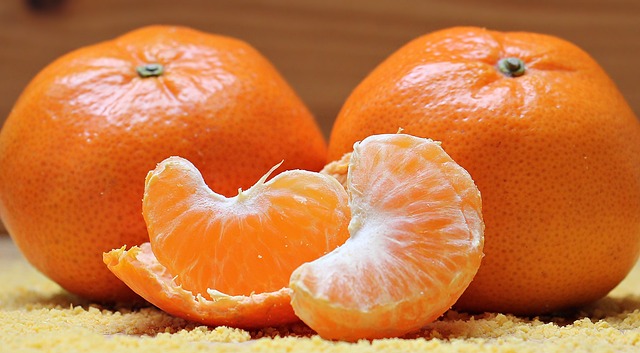The Science of Probiotics: Exploring the Microbiome within You
The human microbiome is a complex and vast ecosystem of microorganisms that exist within us. These microorganisms live in our gut, mouth, and on our skin, and can impact our overall health and well-being in many ways. One of the essential components of a healthy microbiome is the presence of probiotics.
Probiotics are live microorganisms, primarily bacteria, that can be consumed through food or supplements. Once ingested, they can help colonize the gut and provide numerous health benefits to the host. Let’s take a closer look at the science behind probiotics and how they impact our microbiome.
Types of Probiotics
There are several different types of probiotics that can be consumed, each with their unique benefits. Here are some common types of probiotics:
- Lactobacillus: This strain of probiotic is found in the small intestine as well as the vagina. They can help regulate digestion, prevent urinary tract infections, and even reduce cholesterol levels.
- Bifidobacterium: This strain of probiotic is found in the large intestine and can help prevent constipation, improve immune function and reduce inflammation.
- Saccharomyces boulardii: This yeast-based probiotic can help protect against bacterial infections and improve gut health.
It’s important to note that not all probiotics are created equal. Different strains can have varying effects and benefits, so it’s essential to choose the right kind for your specific health needs.
How Probiotics Impact the Microbiome
The gut is home to trillions of microorganisms, including bacteria, viruses, and fungi. The bacteria in our gut can be divided into three categories: beneficial, neutral, and harmful. Beneficial bacteria, such as probiotics, play a crucial role in maintaining a healthy microbiome.
Probiotics work by colonizing the gut and creating an environment that is hostile to harmful bacteria. They also produce compounds that can help regulate digestion, such as short-chain fatty acids. Additionally, research has shown that probiotics can help strengthen the gut barrier, preventing harmful toxins from entering the bloodstream and causing inflammation.
There is also evidence to suggest that probiotics can influence the immune system. Our gut is home to a large portion of our immune system, so maintaining a healthy microbiome is essential for overall immune function. Probiotics may help improve immune function by reducing inflammation and enhancing the production of antibodies.
Benefits of Probiotics
Consuming probiotics regularly can provide numerous health benefits. Here are some of the ways probiotics can improve your health:
- Improved Digestion: Probiotics can help regulate digestion and prevent common digestive issues such as bloating, gas, and diarrhea.
- Reduced Inflammation: Chronic inflammation is linked to several health issues, including heart disease and autoimmune disorders. Some studies have found that consuming probiotics can help reduce inflammation in the body.
- Enhanced Immune Function: Probiotics can improve immune function by enhancing the production of antibodies and reducing inflammation.
- Reduced Risk of Infection: Probiotics can help protect against harmful bacteria, viruses, and fungi, which can reduce the likelihood of developing an infection.
Sources of Probiotics
Probiotics can be found in several different sources, including:
- Yogurt: Yogurt is a common source of probiotics, but it’s important to choose a brand that contains live, active cultures.
- Kefir: Kefir is a fermented milk drink that contains several strains of probiotics.
- Sauerkraut: Fermented vegetables such as sauerkraut can also contain probiotics.
- Kimchi: Kimchi is a traditional Korean dish made from fermented vegetables that can also contain probiotics.
- Supplements: Probiotic supplements can be purchased at most health food stores or online. It’s essential to choose a high-quality supplement that contains the appropriate strains of bacteria.







